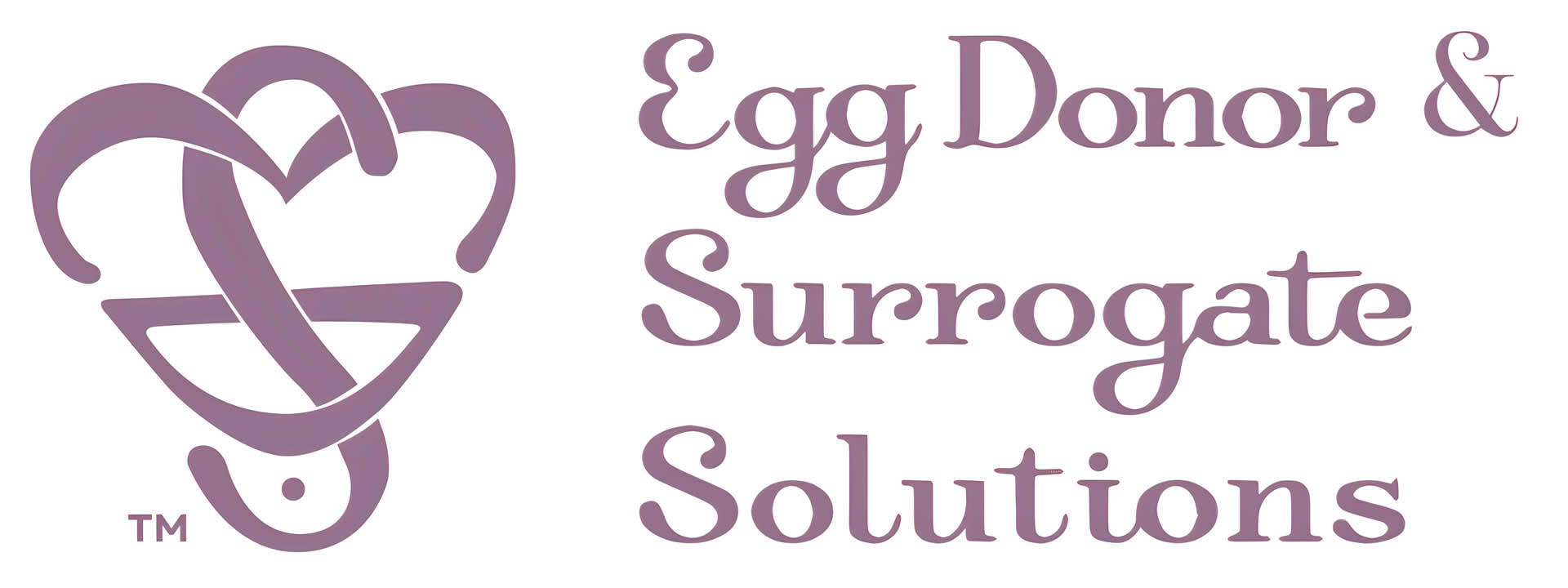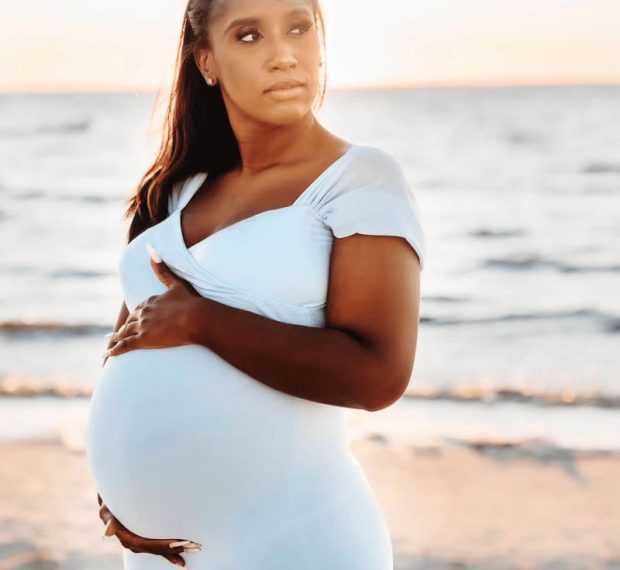In a previous article on our Intended Parents’ Blog, we covered the importance of genetic carrier screening for egg donors – why it’s important and highly encouraged by our team at Egg Donor & Surrogate Solutions (even if your clinic doesn’t require it). We understand that choosing a donor is a huge decision, and it can be concerning to see the words genetic carrier in a donor’s profile or for your chosen donor to test positive as a genetic carrier for a certain condition. However, in most cases, a positive carrier status should not prevent you from moving forward with your ideal donor. In this article, we’ll explore what it means to be a genetic carrier and further screening that can be done to allow you to proceed confidently with the egg donation process.
What is a genetic carrier?
Let’s take a quick trip down memory lane to what we all learned in high school biology class. We know that genes are inherited in pairs – one from the egg provider and one from the sperm provider. When a person is a “carrier” for a specific condition, it means he or she has change or variant on one copy of the gene while the other gene is normal. Often, a person will not even know they are a carrier unless they have genetic carrier screening done.
Genetic carrier screening tests for conditions that are inherited in one of two ways – autosomal recessive or X-linked. For autosomal recessive conditions, such as cystic fibrosis, Tay-Sachs and sickle cell, both the egg provider and the sperm provider must carry variants (or mutations) in the same gene in order to have a child that could potentially inherit the disease. X-linked conditions, on the other hand, refer to genetic mutations that are only carried on the X chromosome – meaning the risk of inheriting the condition comes from the egg provider. Examples of X-linked conditions include Fragile X, Duchenne muscular dystrophy and Fabry disease. These conditions typically affect males more severely than females because they only have one X chromosome. With two X chromosomes, females usually will not have symptoms of an X-linked condition because they have a second, normal X chromosome to compensate for the variant.
What if the donor I like is a carrier?
Expanded carrier screening, which tests for more than 100 conditions, is now the standard practice recommended by the American College of Medical Genetics and Genomics. As expanded carrier screening becomes more prevalent, the likelihood that a donor will test positive as a carrier for at least one genetic condition is significantly increased.
If that happens, the first step is to consider the specific condition for which she has been determined to be a carrier. If it’s a serious X-linked condition, such as Fragile X, she would be disqualified as an egg donor for our program due to the probability that the disease could be passed on to a child. It’s important to note that this is a rare circumstance, but it has happened. In the unlikely event this occurs with a donor you’ve selected, our agency would match you with another donor at no cost.
If the donor is determined to be a carrier for an autosomal recessive condition, the intended father (or sperm provider) should also be screened to determine if he is a carrier for the same genetic mutation. In the rare event the intended father is determined to be a carrier for the same condition, a child would have a 25% chance of inheriting the disease. If the intended father is not a carrier, then there is not a risk of passing the disease to a child, and you can feel comfortable moving forward with the donor you’ve chosen.
Final thoughts
When a donor is a genetic carrier, it does not mean that she is unhealthy or that there is an automatic risk of the condition being passed on to a child. Further evaluation is needed and additional testing for the intended father can help put intended parents’ minds at ease about any potential risks to their future child.
Ultimately, having a healthy child is what’s most important, and you as the intended parent should feel comfortable and confident with the donor you’ve chosen. If you any have concerns or questions about a donor’s genetic carrier status, we recommend that you speak with a genetic counselor or your physician. Our goal is to match you with the donor that is right for you to help you create your happy family!
Disclaimer: The information provided in this article is not intended as medical advice. Please consult your medical provider with any questions or concerns.













